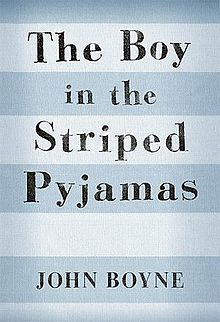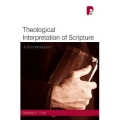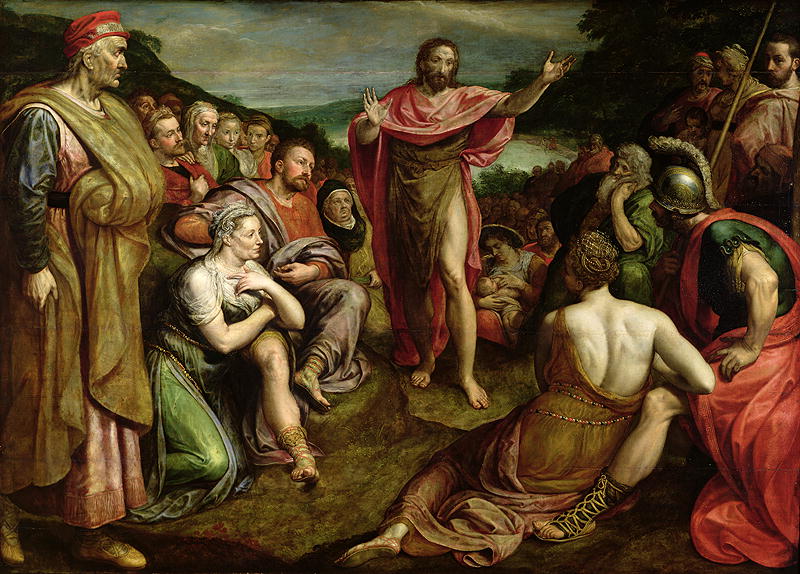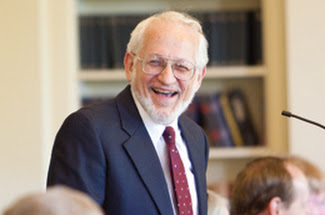 Proverbs 3:5-6
Proverbs 3:5-6
Trust in the Lord with all your heart and do not lean on your own understanding. In all your ways acknowledge him and he will make your paths straight.
This is one of what I sometimes call, a “golden text.” It is the kind of biblical text that gets written up on greeting cards, sown into tapestries, found in a promise box, and, once upon a time, would be the “daily text” published in the newspaper. All this is to say is that it can easily become cliched, though this is undeserved.
For generations and for centuries, Proverbs 3:5-6 has been a favourite for many believers. Simple in word and structure, the threefold command is followed by a single promise. It captures the hope that God is truly present and at work, involved and engaged in our lives, even when God’s presence and activity are not visible to us.
The text calls the believer out beyond themselves, to live toward another. The Christian life, in this sense, is “ec-centric,” whereby the believer lives toward a centre external to themselves. It is to be God-centred rather than self-centred, to lean the weight of our confidence on God rather than on oneself. All this is to say is that this text is more easily cited than obeyed!
The three commands are perhaps better understood as practices than simply commands. That is, trust, do not lean, and acknowledge describe an ongoing and habitual orientation on the part of the believer, rather than a once-off or occasional behaviour. Further, there is nothing passive about the activity envisaged here. To trust in the Lord is to entrust oneself to the Lord – all one is and does and has and hopes for. It signifies relinquishing self-sufficiency and self-help, and consciously, deliberately, putting our lives into the hands of God, looking for God, hoping in God, relying on God and resting in God.
The apostle Paul echoes this sentiment with his exhortation: “in everything with prayer and supplication, let your requests be made known to God” (Philippians 4:6). So, too, does the apostle Peter: “Cast all your cares upon him, for he cares for you.” Such trust, however, is hard won, difficult at the best of times, and near impossible unless we are reduced to trust through desperate circumstances. Yet trust can be learned; trust can be practised, by acknowledging God in word and prayer, turning to God in praise and petition, seeking God humbly for wisdom, direction, strength, listening for God’s voice in Scripture and through others, and standing firm even when circumstances threaten to undo us.
So many stories in Scripture reinforce this text in narrative form, and often negatively. Asa turned to human alliances, and then to physicians, instead of seeking the Lord (2 Chronicles 16). Ahaz also turned to human alliances and was rebuked by the prophet: “If you will not believe, you surely shall not last” (Isaiah 7:1-9). Naaman, on the other hand, obeyed the apparently ridiculous instruction from the prophet, and was healed (2 Kings 5). Jehoshaphat and all his people turned to the Lord in trust and prayer in 2 Chronicles 20 and were heard and rescued. Mary said, “Be it unto me, according to your Word (Luke 1: 38). Peter said, “Master, we worked hard all night and caught nothing, but I will do as you say and let down the nets” (Luke 5:5).
Before, however, we imagine that this is a “magic wand” kind of text that promises a life of easy-believism, unending triumph, security and blessing, we must remember that it is a proverb, a generic statement of the way things generally go. It is not an absolute promise of God for every imaginable circumstance as some mistakenly hope. We do not have God in our pocket, but God remains ever and always the free and sovereign God whose ways are not our ways. Hebrews 11, therefore, reminds God’s people that
Others were tortured, not accepting release, so that they might obtain a better resurrection; and others experienced mockings and scourgings, yes, also chains and imprisonment. They were stoned, they were sawn in two, they were tempted, they were put to death with the sword; they went about in sheepskins, in goatskins, being destitute, afflicted, ill-treated – those of whom the world was not worthy… (vv. 35-38a)
Trust in God extends beyond the horizon of our existence, beyond the boundaries of earthly life. It reaches “beyond the veil” to where Christ sits at the right hand of God. To trust in the Lord is to trust him with the entirety of our person and irrespectively of what transpires. It is to believe that “faithful is he who promised; he will also do it” (1 Thessalonians 5:24).
 Recent novel reading has slowed right down due to semester responsibilities. Nonetheless I have managed to read a couple of novels. I read Restless because the author, William Boyd, was recommended to me by a fellow passenger on a flight to Sydney. I had never heard of Boyd, but the superlatives on the cover, as well as the still from a movie dramatisation convinced that this must be just about the best book ever written. Alas!
Recent novel reading has slowed right down due to semester responsibilities. Nonetheless I have managed to read a couple of novels. I read Restless because the author, William Boyd, was recommended to me by a fellow passenger on a flight to Sydney. I had never heard of Boyd, but the superlatives on the cover, as well as the still from a movie dramatisation convinced that this must be just about the best book ever written. Alas! in World War II and the present, although this is not as good as Anna Funder’s novel. Its plot is forced in places and its characters are somewhat two-dimensional. Perhaps Boyd is “English fiction’s master storyteller,” but I wouldn’t say so, not on the basis of this book, at least. It is not a book I will keep because I want to read it again sometime.
in World War II and the present, although this is not as good as Anna Funder’s novel. Its plot is forced in places and its characters are somewhat two-dimensional. Perhaps Boyd is “English fiction’s master storyteller,” but I wouldn’t say so, not on the basis of this book, at least. It is not a book I will keep because I want to read it again sometime.


 Ezra 7:10
Ezra 7:10




 Proverbs 3:5-6
Proverbs 3:5-6